Norway – Greenpeace Nordic and Natur og Ungdom (Young Friends of the Earth Norway) secured a historic win against the Norwegian State
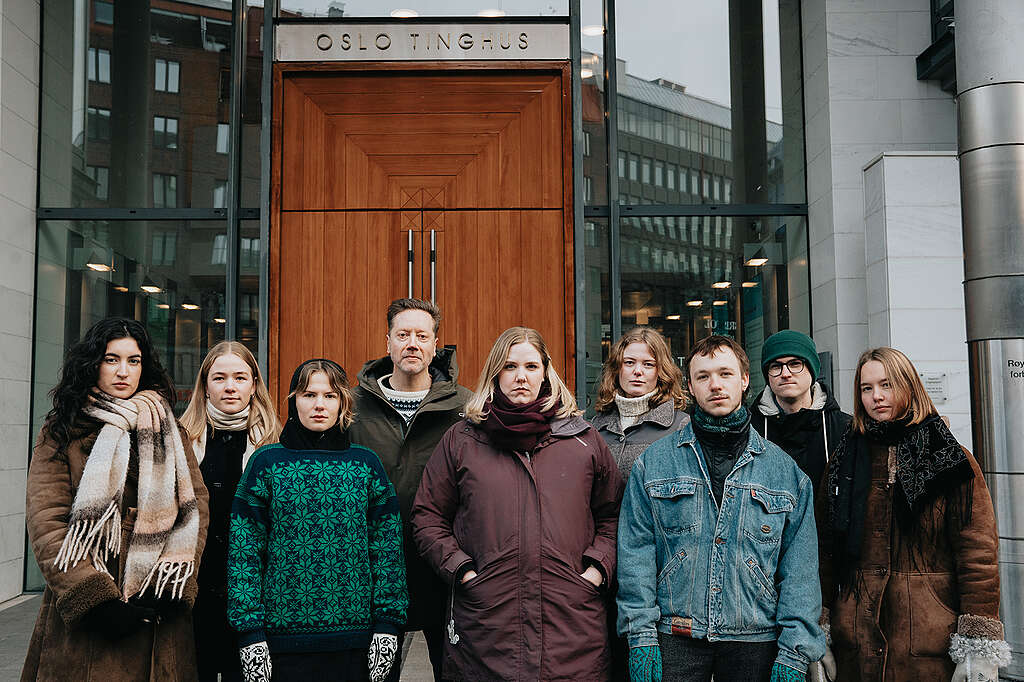
Greenpeace Norway and Natur og Ungdom (Young Friends of the Earth Norway) challenged the Norwegian state in court over the legality of permitting three new oil and gas fields, Yggdrasil, Breidablikk and Tyrving in the North Sea, and won!
On 18 January 2024, the court found the drilling permits to be invalid because global climate impacts had not been adequately addressed in the environmental impact assessment. This is a violation of the Norwegian constitution. The judgement means Equinor and Aker BP have to stop the production of these fields, and will very likely have an impact on other fields that have recently been approved.
United States – Approvals for new LNG export projects halted
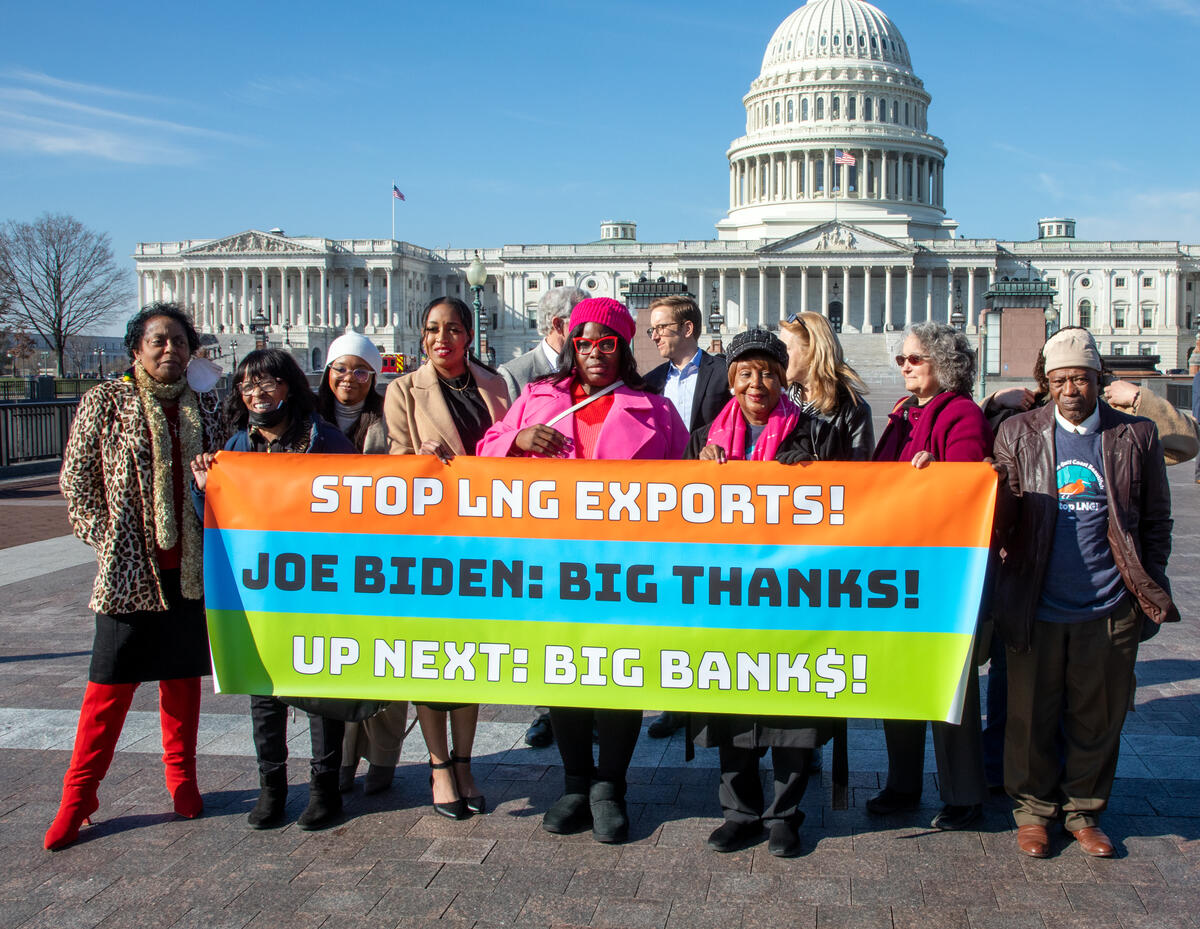
On 26 January, the White House made the decision to pause pending LNG export project approvals and will evaluate the projects based on the latest climate science and its impact on the environment, among other considerations. Greenpeace USA strives to defend the decision and turn it into a permanent LNG export ban. If we want to achieve net zero by 2050 and secure a peaceful and livable planet, we must stop new oil and gas.
Oceans – Palau is the first country out of 60 needed to ratify the historic UN Ocean Treaty
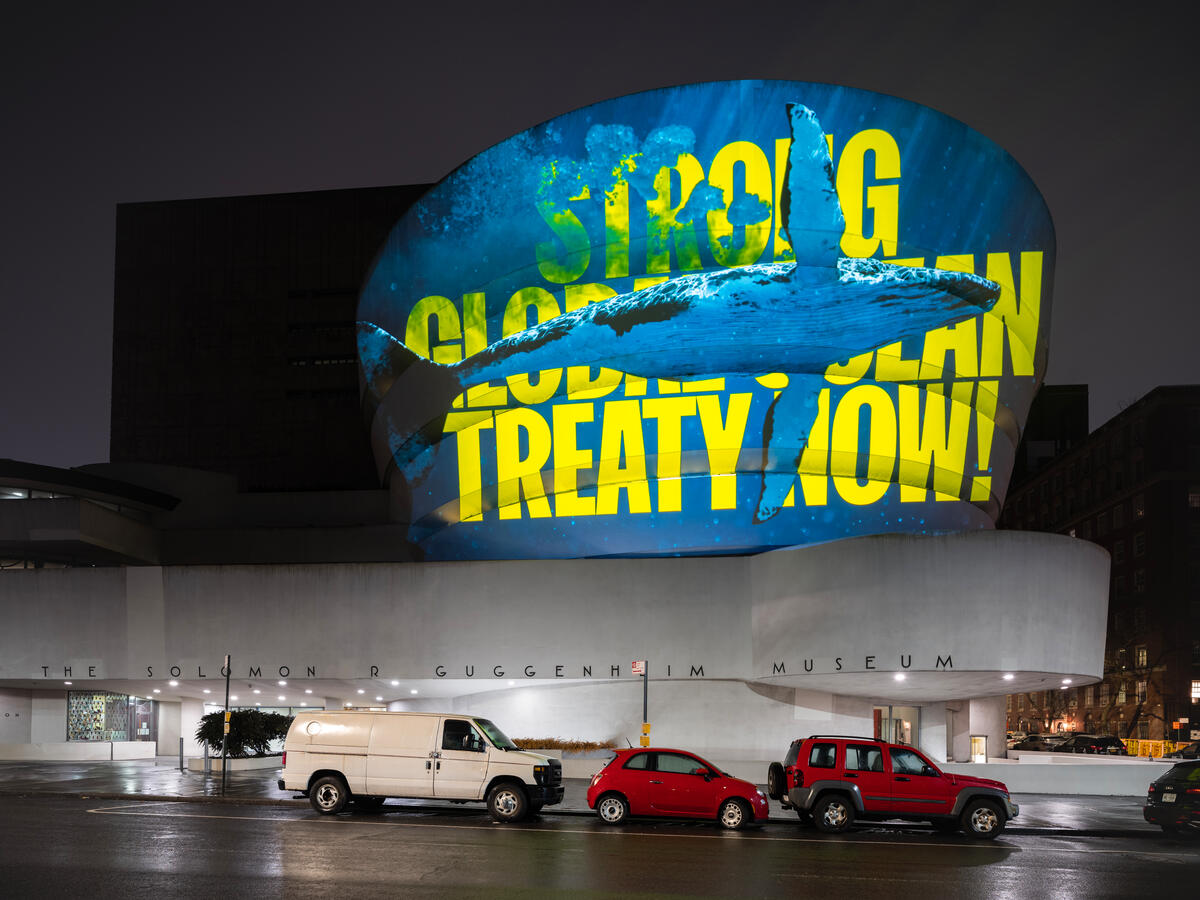
On 22 January 2024, Palau became the first nation to officially ratify the UN Ocean Treaty by depositing its ratification with the United Nations. This is a further sign of Pacific Small Island Developing States' continuing leadership on ocean protection. Chile follows closely behind, as its Senate had approved the ratification of the UN Ocean Treaty unanimously in January. Chilean ratification became official on February 20th. Both countries are paving the way forward in bringing the historic Treaty to life.
The historic UN Ocean Treaty is crucial for ocean protection and is the most significant multilateral environmental deal since the 2015 Paris Climate Agreement. Adopted in June 2023 and signed by 87 countries in September 2023, it will only enter into force once it is ratified by at least 60. Greenpeace urges governments to follow suit and ratify the treaty by the time of the UN Ocean Conference in Nice in 2025.
Thailand – People win lawsuit against government over inaction on the haze crisis
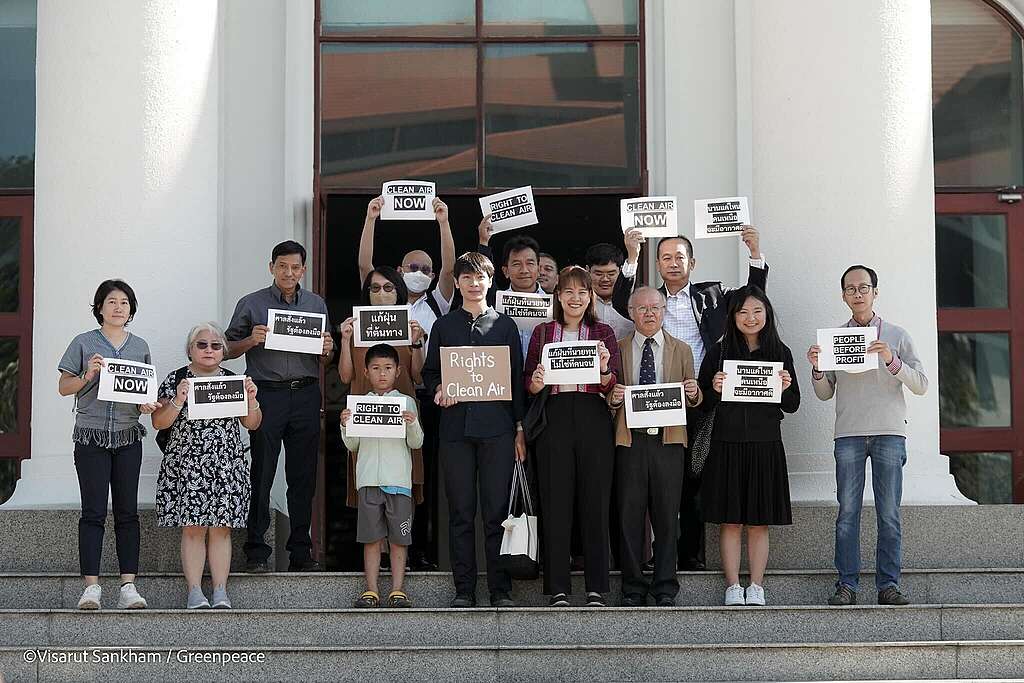
On 19 January 2024, the Chiang Mai Administrative Court ruled a people's case against the Prime Minister and the National Environment Board for negligence and slow response in performing their duty in addressing and solving the toxic haze crisis in North Thailand. This court case was led by legal organisations – EnLaw and Chiang Mai University's Law Faculty, supported by Greenpeace Thailand.
Thailand's north has been experiencing choking haze problems annually for almost 20 years because of open crop burning for maize production as well as forest fires in the country and neighbouring countries. The government has been deemed negligent in its response to this public health crisis. The court's decision is a small victory for the people and must be a prompt for a long overdue inclusive haze prevention plan, developed together with local and Indigenous Peoples in the area, to protect public health.
Europe – Norway's decision to open up the Arctic to deep sea mining criticised
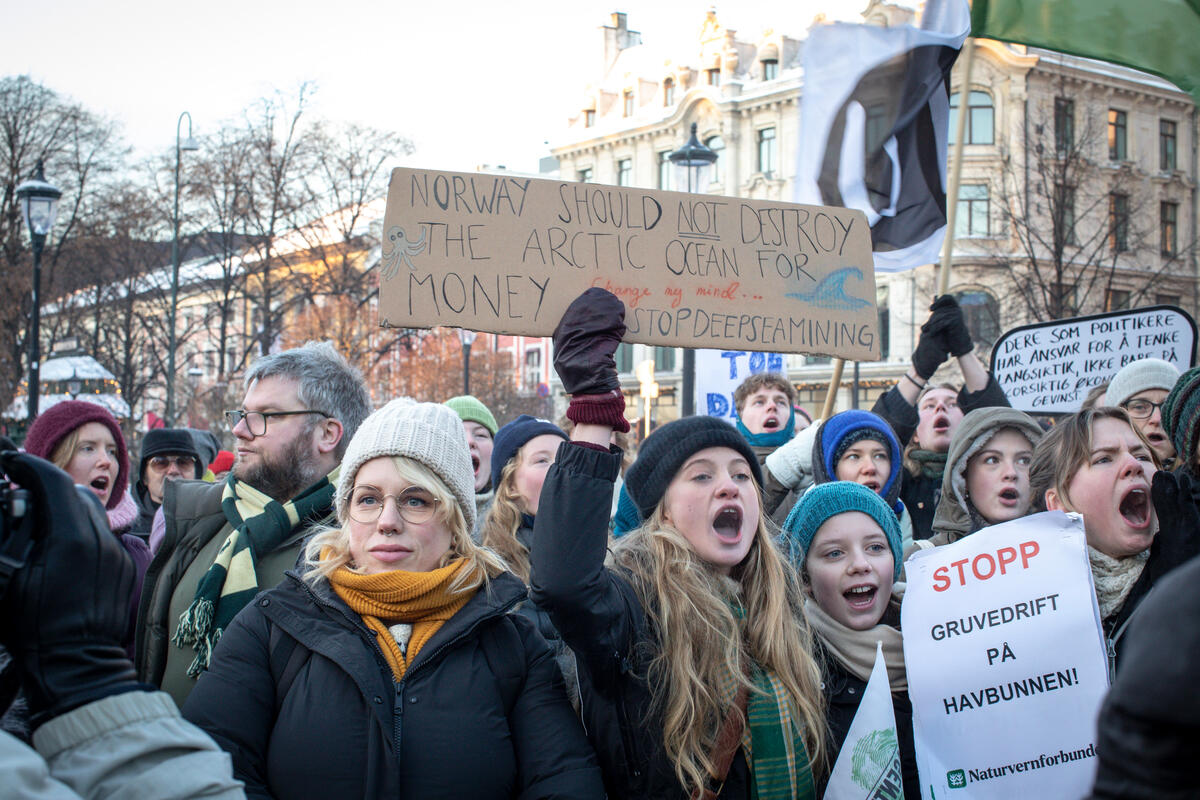
The European Parliament overwhelmingly voted to criticise Norway's decision to open up the Arctic to deep sea mining while repeating calls for a global moratorium. The Norwegian government lobbied hard against this, but resistance to mining the oceans continues to gain strength. This vote dents the industry's social licence and shows other governments the resistance they will face if they support the destructive deep sea mining industry. Greenpeace Nordic had worked with allies and mobilised rapid support from Greenpeace campaigners across the EU to pressure MEPs (Member of the European Parliament) to stand strong and vote for ocean protection.
Belgium – Running event, 20km of Belgium, drops TotalEnergies as sponsor
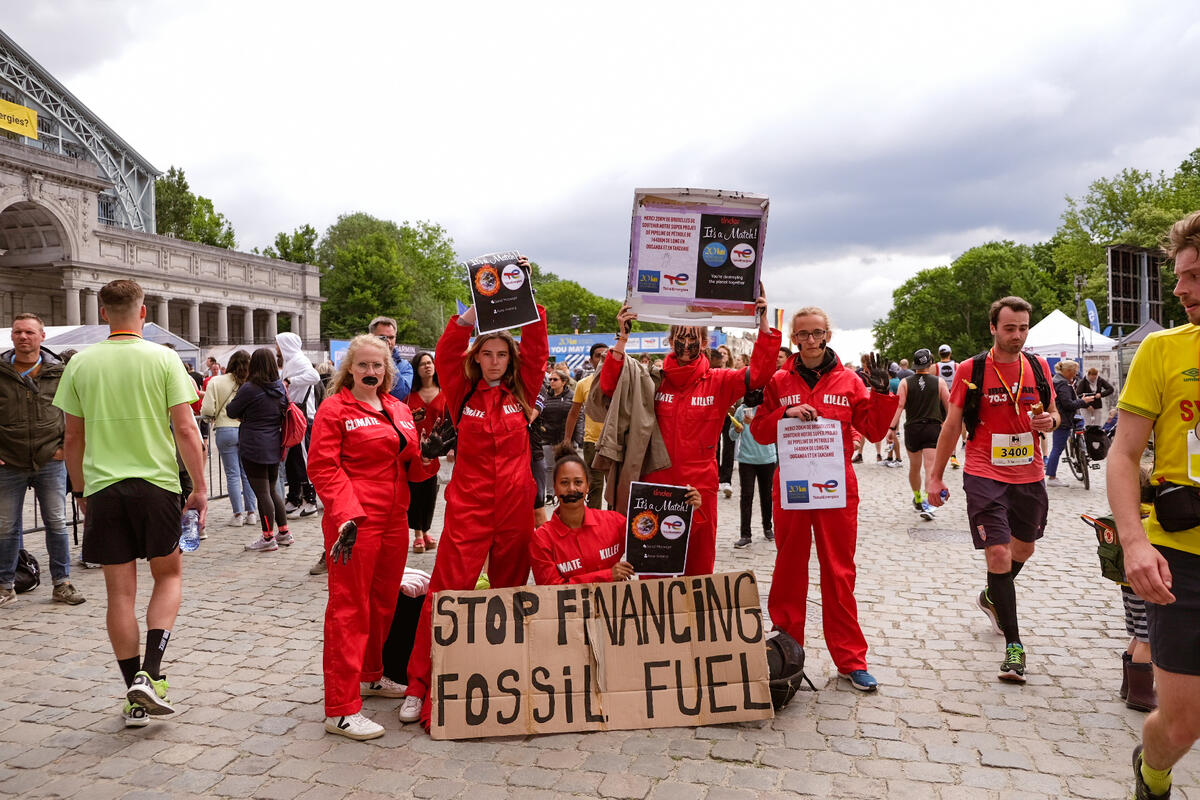
Following two years of campaigning by environmental and human rights organisations, the organisation of the 20km of Brussels, an annual running event, dropped TotalEnergies as its main sponsor. TotalEnergies had been using the 20km as part of its greenwashing since 2004 but in the past few editions, the pressure to end this toxic relationship increased, including through Greenpeace Belgium banner hangs, runner actions and meetings with the organisers. This is literally a win by hearts, minds and feet for the climate!
Australia – Australian government proposal to introduce limits on carbon pollution for newly sold cars
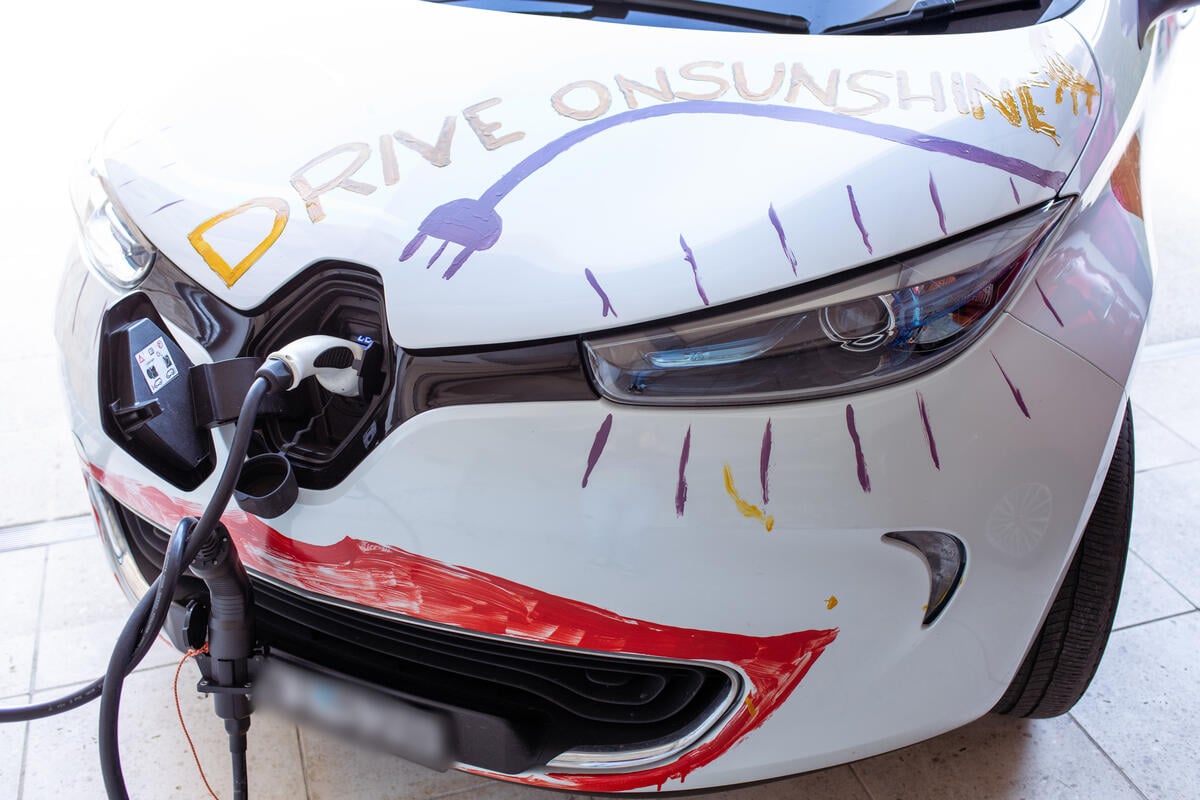
Greenpeace Australia Pacific's 'Electrify' Campaign hit an important milestone this week: the Australian Government proposes to introduce yearly limits on carbon pollution for newly sold cars. The proposal from the government will set Australia on a trajectory to reduce emissions from cars, which puts a 2035 ICE (internal combustion engine)phase out in reach and a Net Zero by 2050 possible. Greenpeace Australia Pacific has been building public support for the policy over the last two years, and it has received positive reception. The next step is that it becomes law.






